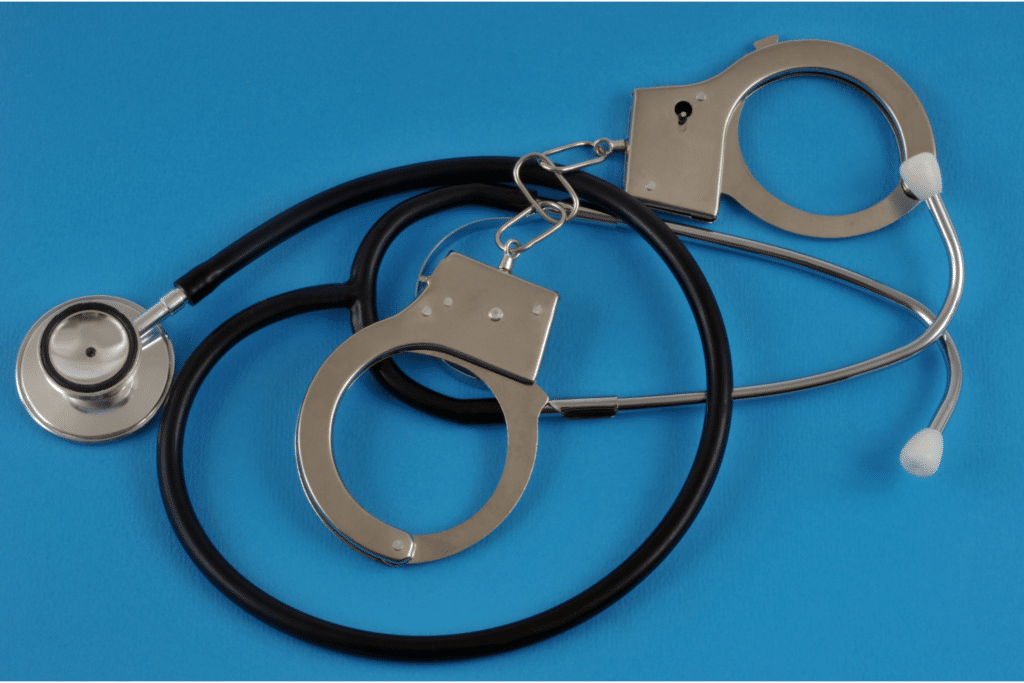Free Consultation
Free Consultation

Misdiagnosis and delayed diagnosis are significant issues in the healthcare system, often resulting in serious harm to patients. In New York, patients who have suffered due to misdiagnosis or delayed diagnosis may have legal recourse through medical malpractice claims. This blog aims to shed light on the consequences of misdiagnosis and delayed diagnosis, explore the process of filing medical malpractice claims, and emphasize the importance of consulting with an experienced personal injury lawyer to seek compensation.
Misdiagnosis occurs when a healthcare provider inaccurately diagnoses a patient’s condition, leading to improper treatment or lack thereof. On the other hand, delayed diagnosis occurs when a healthcare provider fails to diagnose a patient’s condition in a timely manner, resulting in a delay in necessary treatment. Both misdiagnosis and delayed diagnosis can have severe consequences, including progression of the underlying medical condition, worsening symptoms, unnecessary medical interventions, and even death in severe cases.
The consequences of misdiagnosis and delayed diagnosis can be devastating for patients and their families. For example, a misdiagnosed cancer may progress to an advanced stage, making treatment more difficult and reducing the chances of survival. Similarly, a delayed diagnosis of a heart attack or stroke may result in permanent disability or death due to lack of timely intervention. Beyond physical harm, misdiagnosis and delayed diagnosis can also lead to emotional distress, financial burdens, and diminished quality of life for patients and their loved ones.
Patients who have suffered harm due to misdiagnosis or delayed diagnosis may have grounds to file medical malpractice claims against the negligent healthcare provider or facility. Medical malpractice claims in New York typically involve the following elements:
In medical malpractice cases involving misdiagnosis or delayed diagnosis, expert witness testimony often plays a crucial role in establishing the standard of care and demonstrating the healthcare provider’s deviation from it. Expert witnesses, who are typically qualified medical professionals with expertise in the relevant field, can provide valuable insights into whether the healthcare provider’s actions or omissions met the accepted medical standards. Their testimony can help jurors understand complex medical concepts and assess whether the healthcare provider’s conduct fell below the standard of care, contributing to the patient’s harm.
It’s important for patients considering filing a medical malpractice claim for misdiagnosis or delayed diagnosis to be aware of the statute of limitations governing such claims in New York. The statute of limitations sets forth the time frame within which a lawsuit must be filed after the occurrence of the alleged malpractice. In New York, the statute of limitations for medical malpractice claims is generally two and a half years from the date of the alleged malpractice or from the end of continuous treatment rendered by the healthcare provider for the same condition. However, there are exceptions to this rule, such as cases involving foreign objects left in the body, cases involving minors, and cases where the patient did not discover the malpractice until later. Consulting with a personal injury lawyer promptly after experiencing misdiagnosis or delayed diagnosis is crucial to ensure compliance with the statute of limitations and protect the patient’s legal rights.
Seeking compensation through a medical malpractice claim for misdiagnosis or delayed diagnosis can be complex and challenging. It requires a thorough understanding of medical standards, legal principles, and procedural requirements. Therefore, consulting with an experienced personal injury lawyer is essential for patients seeking justice and compensation for their injuries.
A knowledgeable personal injury lawyer can provide invaluable assistance throughout the medical malpractice claim process, including:
Misdiagnosis and delayed diagnosis can have serious consequences for patients, leading to unnecessary harm and suffering. However, patients who have been harmed due to misdiagnosis or delayed diagnosis have legal recourse through medical malpractice claims. By consulting with an experienced personal injury lawyer, patients can seek justice and compensation for their injuries, holding negligent healthcare providers accountable for their actions. With skilled legal representation, patients can navigate the complexities of medical malpractice claims and work towards achieving a favorable outcome that reflects the full extent of their damages and losses.